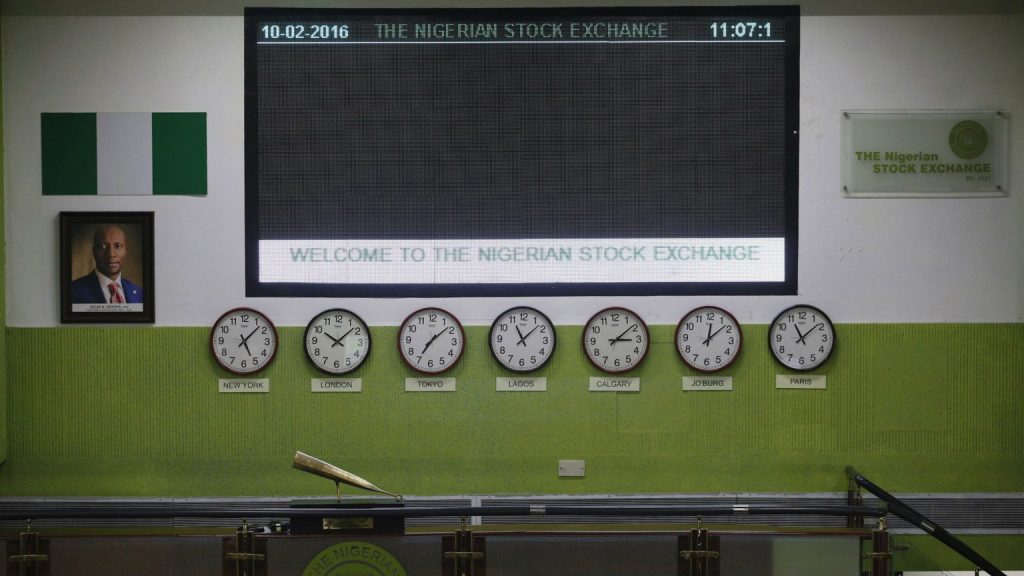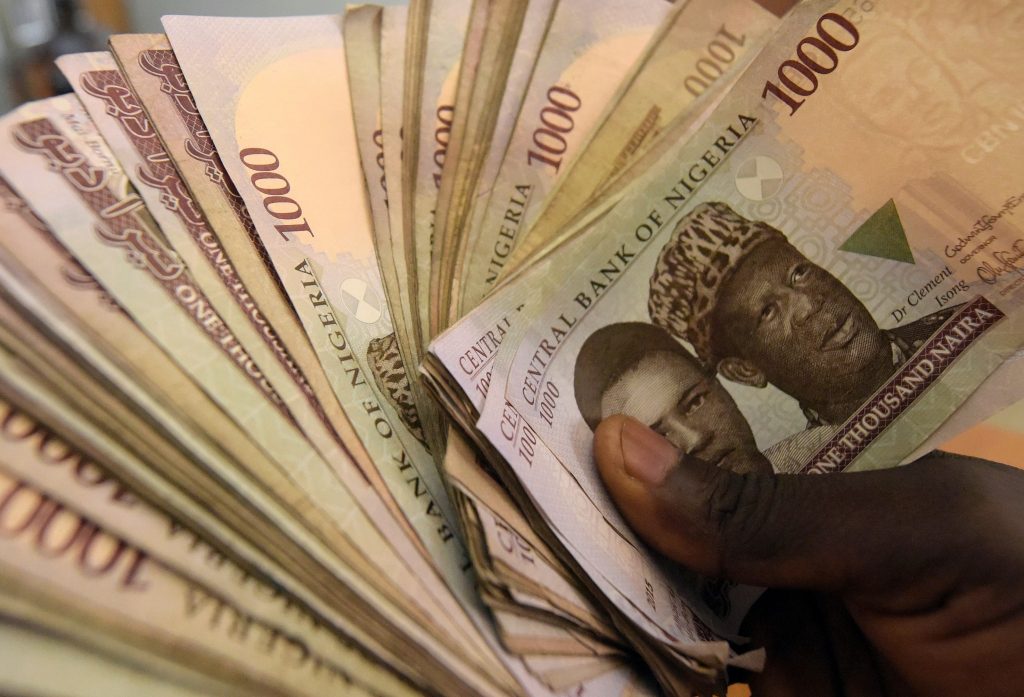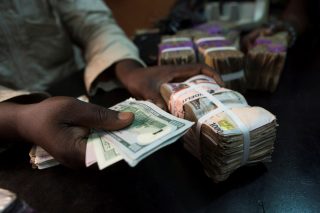The Central Bank of Nigeria (CBN) last week released a circular banning importers of maize from accessing foreign exchange (forex) from the apex bank. This means importers would have to rely on supply from the parallel market to carry out their transactions.
According to the bank, the ban was necessitated in order to protect local production of maize, stimulate rapid economic recovery, safeguard rural livelihoods, and increase job creation. More details here.
Below is the Ventures Africa Weekly Economic Index, for the week ending 17th of July 2020. This economic index gives you a glimpse into other recent activities in Nigeria’s economy as well as changes and prices that could affect the economy:
Nigerian Stock Exchange

Data released by the Nigerian Stock Exchange as of July 17, 2020, showed that the NSE All-Share Index and Market Capitalization both depreciated by 0.08 percent to close the week at 24,287.66 and N12.670 trillion respectively. All other indices finished lower with the exception of NSE Lotus II and NSE Industrial Goods Indices while NSE ASeM closed flat.
Top price gainers and decliners in the week under review:
Top five price gainers
Cutix Plc.
NPF Microfinance Bank Plc.
Sunu Assurances Nigeria Plc.
Ikeja Hotel Plc.
Presco Plc.
Top five price decliners
Linkage Assurance Plc.
Nigerian Breweries Plc.
Wapic Insurance Plc.
Conoil Plc.
11 Plc
How did the Naira fare?

The Nigerian currency slid against the dollar at the close of last week, trading at ₦388 per dollar, lower than the ₦387 a dollar recorded a week before. The exchange rate at the parallel market remained stable closing at ₦470/$1 on Friday but on the officially recognized investors & exporters window, the exchange rate depreciated for a third consecutive trading day to close at ₦388.50/$1, according to information from Aboki FX.
How did the price of oil fare?
International benchmark Brent Crude on Friday 17th of July 2020 rose from last week’s price of $42.98, closing at $43.87. Favorable macro factors that helped oil recover from a sharp decline early last week include the outcome from the OPEC+ meeting as well as a big draw in the United States crude and product inventories.








